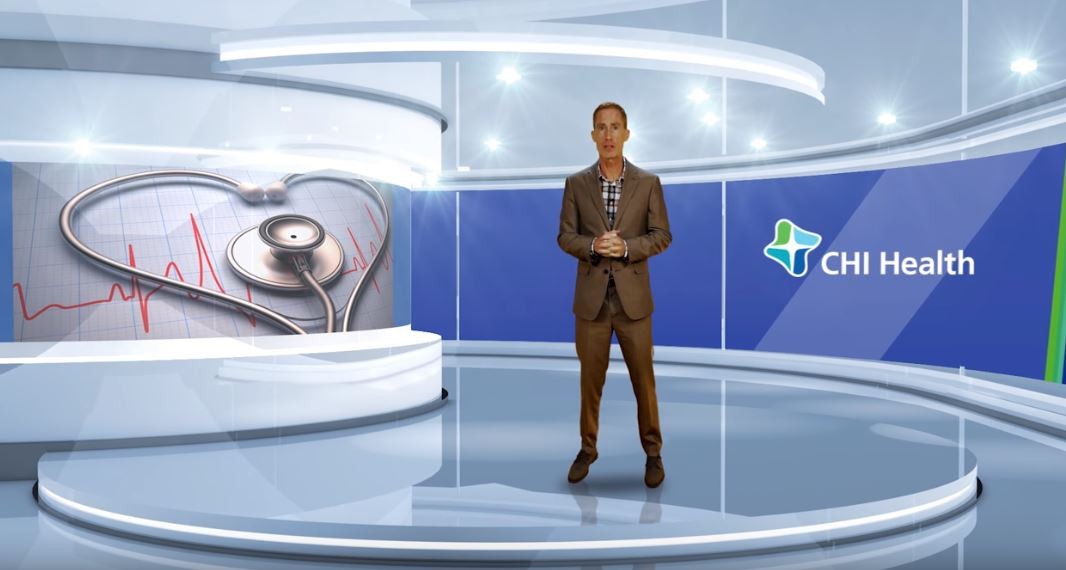Everyone experiences stress. Today, we’re going to uncover what stress does to your heart and ways to deal with it.
Hi, I’m Doctor Eric Van De Graaff, a Cardiologist at CHI Health.
How Stress Affects Us
Since the beginning, stress has been a natural defense mechanism that creates our fight-or-flight mentality and has allowed us to survive. Unfortunately, this emotion can be detrimental to our health.
While social and psychological stress doesn’t cause coronary blockage itself, it can trigger health conditions that can ultimately lead to clogged arteries. Heart disease is the leading cause of death for women in the United States and stress is contributing factor.
Emotions like These Can Lead To:
- Poor sleep
- Lack of exercise
- Elevated blood pressure
- A general physical environment that is unhealthy for your body.
Many research studies have linked emotions like these to premature cardiac disease and death.
How to Cope with Stress
The good news is there are many ways to manage stress. Exercise, is one great way to improve your stress levels! Exercise produces endorphins that help reduce pain and tension, it improves sleep, and just makes you feel good!
Other Simple Ways to Cope With Your Emotions Are:
- Meditating
- Getting seven to nine hours of sleep
- Doing a fun activity
- Putting your phone away
Seriously, think about how much your phone stresses you out from checking it constantly. It’s supposed to make life easier, not the opposite!
The bottom line is that reducing stress in your daily life will help you live a longer, happier, and healthier life! Thanks for tuning in. I’m Dr. Eric Van De Graaff, and be sure to check back for more from CHI Health: Uncovered.
Originally Published: February 18, 2020. Updated: January 9, 2023.





